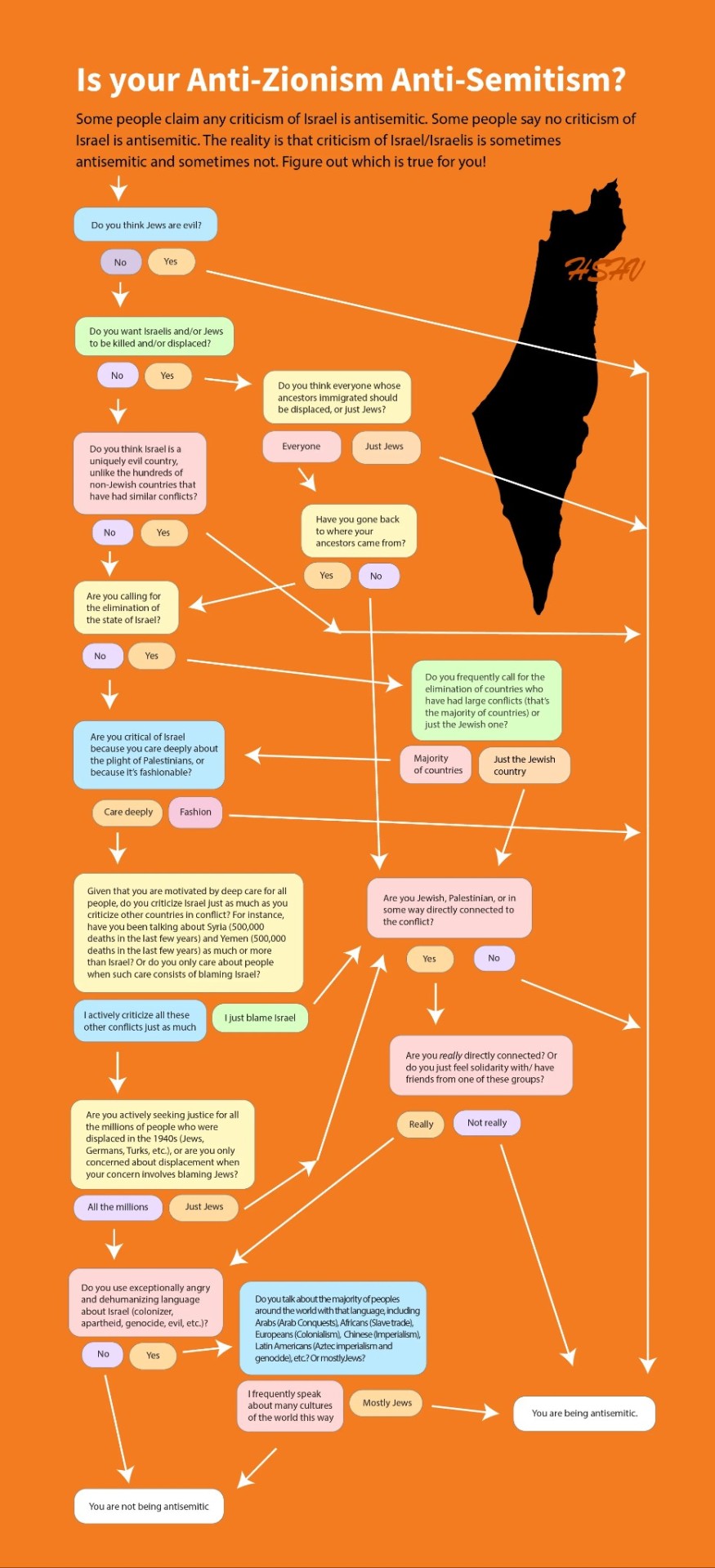Cruelty Is So Easy. Youre Not Special For Choosing It
cruelty is so easy. youre not special for choosing it
More Posts from Rosehen96 and Others
So I’ve been thinking about rational vs. irrational character decisions.
An irrational decision is great when your story is driven by your character’s personal flaws and struggles, and for crafting situations where your audience knows that these decisions are unavoidable because they are perfectly in character. Having your characters be perfectly able to solve their problems if they weren’t, y’know, themselves, is so very hard-hitting, and can be a fantastic part of a narrative.
The downfall with irrational decisions is that it can make situations seem less dire or make your antagonists seem less dangerous. If your characters are falling over themselves and their own personal issues, then it’s hard to show how the external problems in your story pose a serious threat, because you can’t demonstrate how they’re hard to deal with if your characters aren’t making solidly competent attempts in the first place.
Rational decisions are great for stories where most of your problems are external, like your characters trying to build a spaceship or infiltrate the bad guy’s lair. It’s also key to any horror writing, where you need your characters to be competent in order for your danger to be credible; if your audience spends the entire time wondering why your protagonists aren’t doing very obvious things to solve their problems, it’ll be a lot harder to get a properly spooky atmosphere going. But if your characters are only ever making the most optimal, logical choices without ever struggling, they won’t be very compelling, so just like with irrational decision-making, there’s a time and a place for this.
Ideally, you want some combination of both rational and irrational character choices. And maybe even more importantly, whatever choice a character’s making needs to be one that makes sense for them given everything you’ve already shown in the narrative so far. If the decision feels forced or contrived, then it doesn’t matter if it’s rational or not, because it’s not a choice that fits with the rest of the story.
But, yeah, ultimately, both types of character decisions are useful tools, and it’s less about one or the other being right, and more about both of these tools being useful for different types of situations.
How I adress a person that use a gender neutral pronoun in a language that don't have one? The ones that come from latim per example don't have, like Spanish, portuguese and italian. I work as a part time translator and I don't want to mess the book that I translating. I could always use the person name, but sometimes have an "a" or "o" that end put a gender in the name too. Thanks for the attention.
this really depends on the language, there’s no general rule for this.
i suggest researching gender neutral pronouns in these languages, because im certain nonbinary speakers have already come up with some of their own. i know for example that a lot of spanish speakers will use -e in place of -o/-a for gender neutral purposes.
as for languages that might not have a widespread gender neutral tense yet, using the name is probably for the best. it’s unfortunate, really.
so really, just do your research.
it's interesting to me that torture just works to us, as a literary device. It's everywhere in movies and stories and whatnot, from big-budget dramas to little grindhouse short stories. It fits neatly into the requirements of plot: character doesn't want to offer information, Gets Tortured, has to offer information.
the issue with this is that it isn't how it works.
torture is a display of power. It fouls interrogation, this is known; a person being tortured will tell you whatever you want to hear to make it stop, which is more often than not a lie, made up on the spot, or if the truth an incomplete and useless version of it. It isn't generally done for information's sake anyway, but as a form of what the ancient Greeks called hybris, the violent exhibition of your power over another person.
This is, every once in a great while, done right in fiction, but it's a challenge to write vs. the idea that it's a shortcut to one character revealing plot-critical information to another. Pretty much every form of torture works this way, even the ones that are legally permissible. Psychological torment or physical discomfort also produce an animalistic desire to escape harm and foul interrogation. The forms of torture the cops can do? The cops do it not to gain information (or if they think it will, they're lying to themselves) but because it makes them feel powerful.
There's probably a master's thesis in it for somebody studying the rise of torture as a plot device since the beginning of the war on terror and the contemporaneous development of the Broken Windows theory of policing. I'm not really aware of any similar level of disconnect between what Works in fiction and what happens in real life!
a redemption arc is not a sacrifice.
a redemption arc is not some grand act of selflessness.
a redemption arc is not meaningless pain and suffering.
a redemption arc is simply facing the consequences of your actions, fixing your mistakes and doing better, regardless of whether you will be forgiven or accepted. that's it.










"11,078 and counting have died in Palestine. Never stop talking.
Also this is just the surface, do further research to fully understand the situation.
Also this is just the surface, do further research to fully understand the situation."
Art credit: @flyingkikii
Reposted from @frxchix
‼️🚨Urgent appeal, very IMPORTANT 🚨‼️
The crossings are closed again‼️
We need your help, the situation is unsuitable and dangerous, we need your help, you are our last hope... Food, clothes, milk, and everything else has become expensive, and we are in the holy month of Ramadan...😭😔🤲
We want food to eat after fasting for 15 hours, nothing is like before... The prices are very expensive...😞

The elderly, our children, us... we all need food, drink, medicine, milk and winter clothes... We live in tents that do not protect us from the cold of winter. 🥶
Please help us... Any donation will save our lives and the lives of our children.🙏😭👶
Campaign Link ⬇️⬇️⬇️

-
 manekinoodle reblogged this · 1 week ago
manekinoodle reblogged this · 1 week ago -
 norahjakobs reblogged this · 1 week ago
norahjakobs reblogged this · 1 week ago -
 lycheeloach liked this · 1 week ago
lycheeloach liked this · 1 week ago -
 expcalibur liked this · 1 week ago
expcalibur liked this · 1 week ago -
 cynosuremetalmarkflutter reblogged this · 1 week ago
cynosuremetalmarkflutter reblogged this · 1 week ago -
 cynosuremetalmarkflutter liked this · 1 week ago
cynosuremetalmarkflutter liked this · 1 week ago -
 yellowshibe reblogged this · 1 week ago
yellowshibe reblogged this · 1 week ago -
 mastergaignun reblogged this · 1 week ago
mastergaignun reblogged this · 1 week ago -
 meisw reblogged this · 1 week ago
meisw reblogged this · 1 week ago -
 unlimited-rice-works reblogged this · 1 week ago
unlimited-rice-works reblogged this · 1 week ago -
 unlimited-rice-works liked this · 1 week ago
unlimited-rice-works liked this · 1 week ago -
 ino liked this · 1 week ago
ino liked this · 1 week ago -
 eunnui reblogged this · 1 week ago
eunnui reblogged this · 1 week ago -
 alohdark reblogged this · 1 week ago
alohdark reblogged this · 1 week ago -
 ca1iban reblogged this · 1 week ago
ca1iban reblogged this · 1 week ago -
 ca1iban liked this · 1 week ago
ca1iban liked this · 1 week ago -
 rumze reblogged this · 1 week ago
rumze reblogged this · 1 week ago -
 baenling reblogged this · 1 week ago
baenling reblogged this · 1 week ago -
 an-even-higher-state reblogged this · 1 week ago
an-even-higher-state reblogged this · 1 week ago -
 imterrifeiedifbeingseenontumbr reblogged this · 1 week ago
imterrifeiedifbeingseenontumbr reblogged this · 1 week ago -
 carnationdoe liked this · 1 week ago
carnationdoe liked this · 1 week ago -
 iiraeth liked this · 1 week ago
iiraeth liked this · 1 week ago -
 thebeeesknees495 liked this · 1 week ago
thebeeesknees495 liked this · 1 week ago -
 jagged1 reblogged this · 1 week ago
jagged1 reblogged this · 1 week ago -
 shuuruu liked this · 1 week ago
shuuruu liked this · 1 week ago -
 xaitheloser liked this · 1 week ago
xaitheloser liked this · 1 week ago -
 stardelabourgeoisie liked this · 1 week ago
stardelabourgeoisie liked this · 1 week ago -
 non-beingnary liked this · 1 week ago
non-beingnary liked this · 1 week ago -
 catslovefools reblogged this · 1 week ago
catslovefools reblogged this · 1 week ago -
 catslovefools liked this · 1 week ago
catslovefools liked this · 1 week ago -
 nettlefolk reblogged this · 1 week ago
nettlefolk reblogged this · 1 week ago -
 noskinn liked this · 1 week ago
noskinn liked this · 1 week ago -
 antimonument liked this · 1 week ago
antimonument liked this · 1 week ago -
 weltbuehne reblogged this · 1 week ago
weltbuehne reblogged this · 1 week ago -
 weltbuehne liked this · 1 week ago
weltbuehne liked this · 1 week ago -
 imonthevergeofamentalbreakdown reblogged this · 1 week ago
imonthevergeofamentalbreakdown reblogged this · 1 week ago -
 imonthevergeofamentalbreakdown liked this · 1 week ago
imonthevergeofamentalbreakdown liked this · 1 week ago -
 loscharlitos reblogged this · 1 week ago
loscharlitos reblogged this · 1 week ago -
 christinasworld liked this · 1 week ago
christinasworld liked this · 1 week ago -
 generationjones reblogged this · 1 week ago
generationjones reblogged this · 1 week ago -
 karmacat107 reblogged this · 1 week ago
karmacat107 reblogged this · 1 week ago -
 karmacat107 liked this · 1 week ago
karmacat107 liked this · 1 week ago -
 drunched liked this · 1 week ago
drunched liked this · 1 week ago -
 teacupesque reblogged this · 1 week ago
teacupesque reblogged this · 1 week ago -
 wormybook liked this · 1 week ago
wormybook liked this · 1 week ago -
 howdivinelyandutterlyexhausted liked this · 1 week ago
howdivinelyandutterlyexhausted liked this · 1 week ago -
 moonlitunicorn reblogged this · 1 week ago
moonlitunicorn reblogged this · 1 week ago -
 rosewaterknives reblogged this · 1 week ago
rosewaterknives reblogged this · 1 week ago
Hello, this blog is for posting things I find interesting like critical opinions about media and fanarts. PS: NO spicy fanart on this blog
126 posts



















